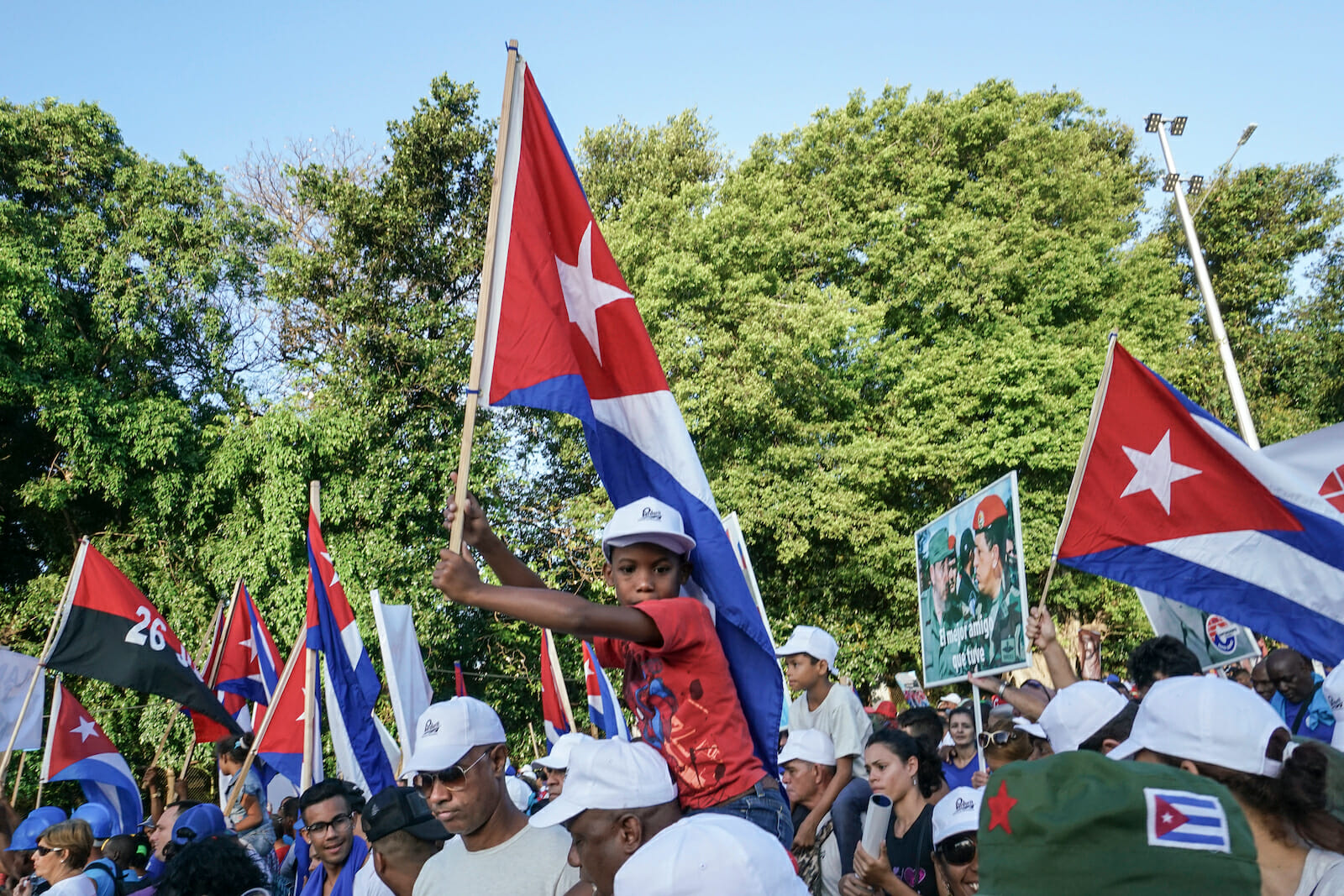
If Europe is Our Ally, it Should Put Pressure on Cuba
When thousands of Cubans poured out onto the streets of Havana to protest a stagnated economy, the pandemic, electricity outages, and shortages of food and medicine, the eyes of many politicians and analysts immediately turned to the White House to see how the still-new Biden administration would respond.
It made sense. It’s natural to look to the United States when trying to solve the Cuban conundrum. After all, the island is only 90 miles off of Florida’s coast, and the U.S. has had a considerable role in Cuban politics. However, the Cuban government has not survived for more than 60 years due to American policy mismanagement alone, it has managed to find support from Europe, a key ally of the United States.
Despite all the rhetoric that the communist government has failed miserably due to an American-led economic blockade, the reality is that Europe remains one of Cuba’s key trading partners. According to data published by the European Commission, the EU imported up to €363 million worth of Cuban products in 2020 alone. In fact, EU estimates show that the economic bloc was (by far) Cuba’s largest trading partner with a total of €1.8 billion worth of goods traded.
Cuba also receives significant political cover from the European Union, with the bloc constantly voting in line with the Cuban regime at the United Nations in condemnation of the American embargo of the island and has refused to implement any type of sanctions against Cuban officials who have been involved in egregious human rights violations.
Let us remember that trade with Cuba does not mean trade with the Cuban people, it is trade with the government that has oppressed the Cuban people for more than 60 years. One of the largest companies in Cuba, GAESA, is a consortium of legal entities that are really owned by the Cuban military, whose loyalty is crucial for the stability of the government.
EU Foreign Affairs Representative, Josep Borrel, has said that external trade and investment is “crucial” to achieving economic and political reforms.
To be clear: free trade is good. But that only happens when it is actually free. Conducting business with a government preventing citizens from engaging freely in a market economy is not free trade, it is paying ransom to the Cuban government.
The United States has always played a crucial role in Cuba due to its geographic proximity and the Cuban-American community in Florida and elsewhere. But just because the U.S. has a deep history with Cuba doesn’t mean they’re the only actor in the West that should care. The EU is knee-deep in Cuba, so they have every reason to be part of the solution.
President Biden came into office with grandiose promises that “America is back,” proclaiming he’d rebuild the alliance between Washington and Brussels, which were suboptimal (a massive understatement) during the Trump years. In fact, Biden has already given a carrot to the Europeans by waiving American objections to the building of the Nord Stream 2 pipeline.
However, an alliance goes both ways, and if Europe is really our ally and if American leadership is “back,” then President Biden should cash in on that Nord Stream 2 favor and convince Europe to at least pressure the Cuban government in order to get some political concessions out of the long-lasting communist government.
In a time in which authoritarian powers like China are making worrisome advances throughout the world, it is vital for the Western alliance to remain united and active. Cuba provides a ground where the West has both the possibility and the duty to act, but only if it acts together.

